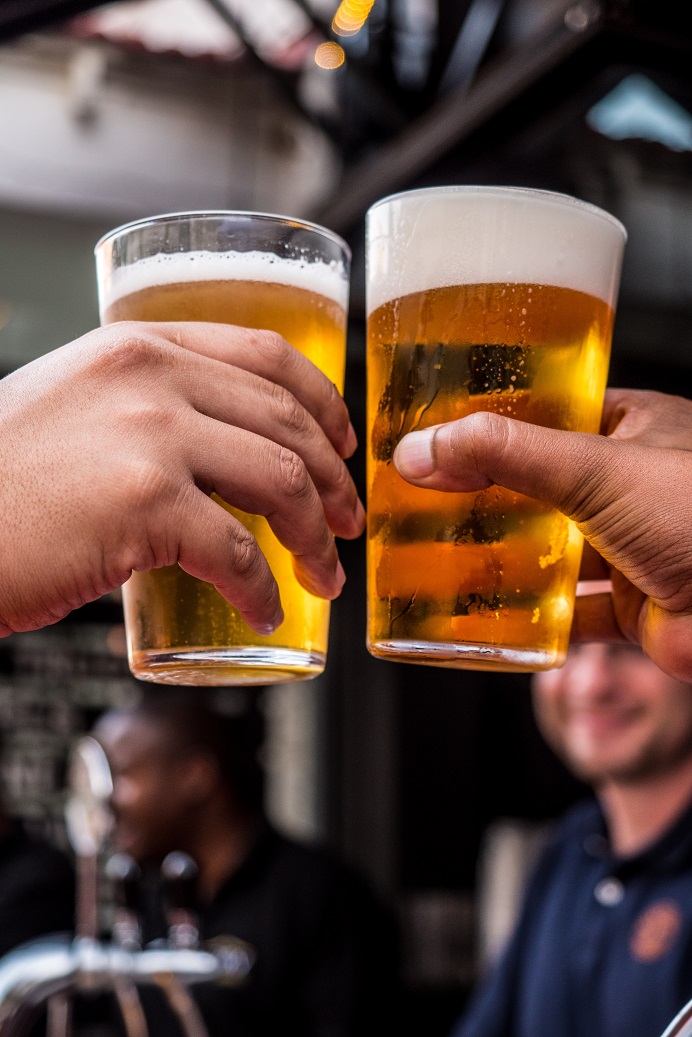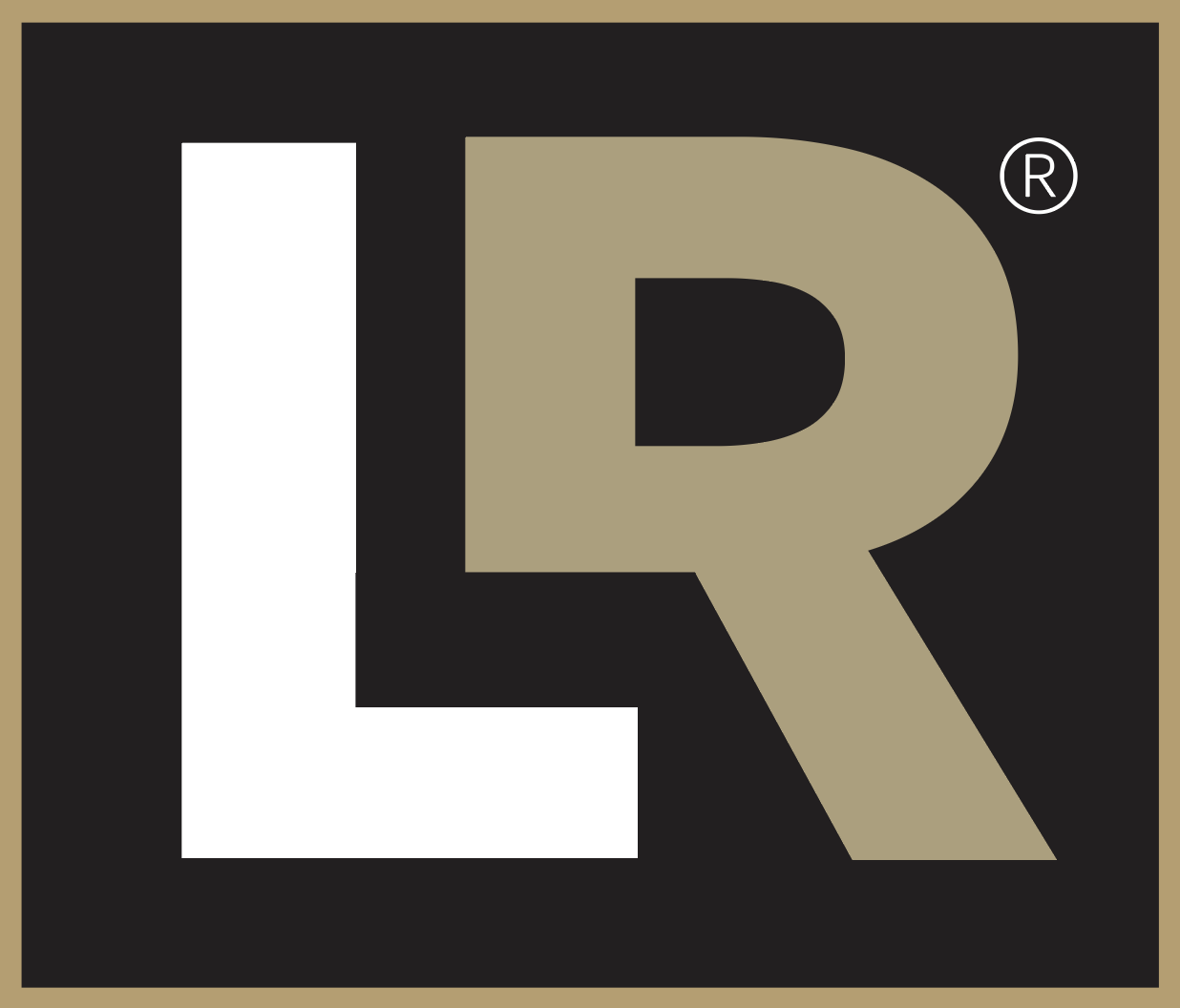Indirect Parental Influence of Alcohol is Concerning

Indirect Parental Influence of Alcohol is Concerning
The use of alcohol in most cases does not begin until later in adolescence. But recent studies show children unconsciously form ideas about alcohol based on parental drinking behaviors, meaning parental influence begins early on in their lives. Dr. Megan Cook and Professor Kuntsche agreed, “most have already internalized normative behavior about adults’ drinking practices as young children under the age of 8.”The researchers from the Center of Alcohol Policy Research conducted a study surveying 329 children from the Netherlands. The children aged 4-6 years old were asked to match 4 alcoholic and 8 non-alcoholic beverages to a variety of people in an electronically illustrated scenario. Each Illustration portrayed everyday life events, such as restaurants, parties, and campsites. Children tapped each image to indicate what they thought a particular individual shown in the image was drinking in each place.Meanwhile, their parents completed an online survey about their alcohol use and exposure to the children. Parents were asked about their alcohol intake during various life events such as during dinner, at Christmas parties, watching television, at barbecues, dining out, and camping. They unknowingly shared how often they consumed alcohol in the same situations that were given to the children in the electronic illustrations.
 Photo by Mahrael Boutros from Pexels
Photo by Mahrael Boutros from Pexels
Sources:
Parents influence perceptions of alcoholParental influence on teenagers attitudes towards alcohol
About Sara E. Teller
Sara is a credited freelance writer, editor, contributor, and essayist, as well as a novelist and poet with nearly twenty years of experience. A seasoned publishing professional, she's worked for newspapers, magazines and book publishers in content digitization, editorial, acquisitions and intellectual property. Sara has been an invited speaker at a Careers in Publishing & Authorship event at Michigan State University and a Reading and Writing Instructor at Sylvan Learning Center. She has an MBA degree with a concentration in Marketing and an MA in Clinical Mental Health Counseling, graduating with a 4.2/4.0 GPA. She is also a member of Chi Sigma Iota and a 2020 recipient of the Donald D. Davis scholarship recognizing social responsibility. Sara is certified in children's book writing, HTML coding and social media marketing. Her fifth book, PTSD: Healing from the Inside Out, was released in September 2019 and is available on Amazon. You can find her others books there, too, including Narcissistic Abuse: A Survival Guide, released in December 2017.
